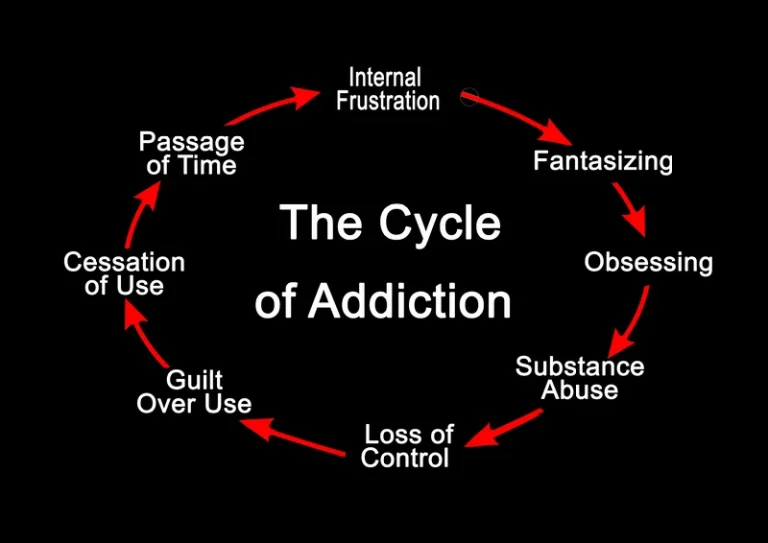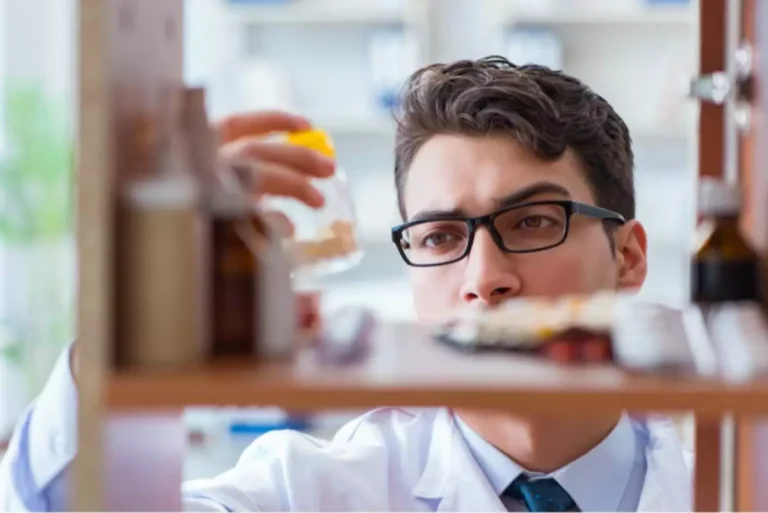Alcohol Use Disorder and Depressive Disorders Alcohol Research: Current Reviews

An alcohol-dependent person who demonstrates such psychological symptoms needs more intense intervention and support than may otherwise be provided, and if not appropriately treated, the symptoms may carry a worse prognosis for alcohol-related problems. High levels of depression are especially worthy of concern, because the risk of death by suicide among alcoholics, estimated to be 10 percent or higher, may be most acute during these depressed states. Similarly, the majority of alcoholics admit to experiencing periods of nervousness, including at least 40 percent who have had one or more intense panic attacks characterized by a brief episode of palpitations and shortness of breath (Kushner et al. 1990). While this can feel good for a short time, this effect doesn’t last for long.

Medication-assisted treatment (MAT)
People who have both tend to have more severe symptoms than those who have only one disorder. Variations in this gene might put people at risk of both alcohol misuse and depression. People who are depressed https://ecosoberhouse.com/ and drink too much have more frequent and severe episodes of depression and are more likely to think about suicide. Alcohol can make a person feel depressed and may even trigger or worsen depression.
- The study found that teenagers with depression who drank alcohol were significantly more likely to act on suicidal feelings.
- A study from the National Institute on Alcohol Abuse and Alcoholism also found that people with an AUD were 2.3 times more likely to have experienced symptoms of depression over the previous year.
- As shown in the schematic, AUD and other mental health disorders occur across a spectrum from lower to higher levels of severity.
- Much like barbiturates (sedatives), alcohol is a drug that affects the central nervous system (CNS) and the brain’s functionality.
- Reach out to a treatment provider for free today for immediate assistance.
- DBT is a therapy based on CBT that has grown significantly since it was first developed to treat individuals with suicidal thoughts and personality disorders.
Alcohol Use Disorder and Depressive Disorders

Mark S. Gold, M.D., is a pioneering researcher, professor, and chairman of psychiatry at Yale, the University of Florida, and Washington University in St Louis. His theories have changed the field, stimulated additional research, and led to new understanding and treatments for opioid use disorders, cocaine use disorders, overeating, smoking, and depression. AA meetings are free and nonjudgmental, and they are available day or night and even multiple times a day in many cities.
Drink Only in Moderation
Contact a treatment provider now to find out more about alcohol and depression treatment options. Call now to connect with a treatment provider and start your recovery journey. Alcohol can be used to achieve a temporary sense of pleasure during dreary months. However, frequent and excessive drinking can lead to a full-blown addiction that lingers long after fall and winter. This is because the body becomes dependent on the chemicals released by alcohol to achieve feelings of happiness.
Join A Study
Lerner stopped drinking while attending an inpatient program in June 2016. Although he continued to experience depression, he says connecting with other people in recovery helped fuel his motivation to stick with sobriety. At age 40, Mayfield stopped drinking again — but this time, he started therapy to unpack the underlying issues driving his depression and desire to drink.
- This mental health condition can take a toll on overall well-being, including how a person sleeps, eats and thinks.
- Depressive symptoms can result from life stressors, mental health conditions, medical conditions, and other factors.
- But as you continue to drink, you become drowsy and have less control over your actions.
- However, the flip side is that people who frequently use alcohol are more likely to also be depressed.
- Pouring yourself a glass of wine or cracking a beer at the end of a long day may temporarily relieve feelings of depression, because alcohol acts as a sedative, but it will exacerbate those feelings and actually intensify them.
Help transform healthcare
The researchers concluded that the genetic influences important in alcoholism appear to be relatively specific for that disorder and did not significantly alter the risk for additional psychiatric disorders, including major depression and major anxiety disorders. Another twin study by Mullin and colleagues1 showed no increased risk for anxiety disorders in identical twins of alcoholics with the exception of conditions (e.g., anxiety) that might have resulted from the alcoholism in the person’s twin. Brief tools are available to help non-specialists assess for AUD and screen for common co-occurring mental health conditions.


Only one notable study of COA’s has demonstrated a higher-than-expected risk for these major psychiatric disorders. However, as pointed out by Kushner (1996), larger studies of COA’s who have passed the age of risk for most disorders will need to be conducted before final conclusions can be drawn. During withdrawal from heavy drinking, people may develop delirium tremens, a complication of withdrawal marked by psychotic alcohol and depression symptoms, such as hallucinations (see Core article on AUD). DBT is a therapy based on CBT that has grown significantly since it was first developed to treat individuals with suicidal thoughts and personality disorders. It has grown to include treatment for many conditions including depression and substance use disorders. Drinking can heighten the symptoms of depression, which can have life-threatening implications.
Getting to NIMH
Many studies have found that alcohol dependence is closely linked to depression. When it comes to diagnosing an alcohol use disorder and a major depressive disorder, it’s important to address them simultaneously, as they can significantly impact your recovery. If you’re battling depression, alcohol isn’t going to make you feel better. It may temporarily suppress feelings of isolation, anxiety, or sadness, but that won’t last. Recognizing the symptoms of depression and alcohol use disorder can help ensure that you get the right diagnosis and treatment. The National Institute of Alcohol Abuse and Alcoholism (NIAAA) encourages medical providers to screen patients for alcohol consumption and initiate interventions aimed at harm reduction.
- A combination of alcohol use and depression can create difficulties in treatment.
- Depression is the most prevalent co-occuring mental health condition with 63% of people with AUD experiencing major depressive disorder.
- In the long-term, alcohol uses up and reduces the number of neurotransmitters in our brains, but we need a certain level to ward off anxiety and depression.
- Alcohol consumption can lead to feelings of depression due to chemical reactions.
- Particularly if you’re on your own, reaching out and finding social support can be all the more difficult.
How to get support
A person’s paranoia intensifies dramatically while under the influence, resulting in bizarre behavioral outbreaks, mania and thoughts of suicide. There are several different types of depression that are commonly diagnosed in individuals suffering from alcoholism. While some forms of this mental illness are less severe than others, depression can quickly take control of a person’s life. At the time of this article, she manages her depression with therapy and medication. Tietz knows thoughts and feelings of low self-worth are her main trigger to drink, so she’s learned to cope by calling a friend, taking a walk and listening to music, or lifting weights at the gym. The two conditions often co-occur with anywhere between 33% and 63.8% of people with AUD also having depression.


この記事へのコメントはありません。